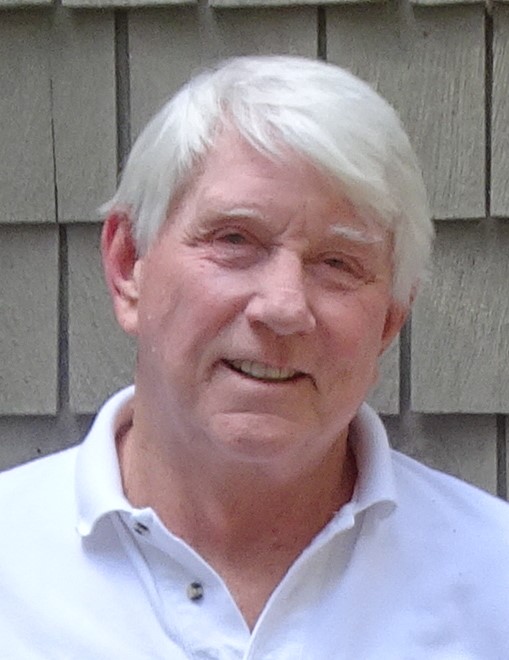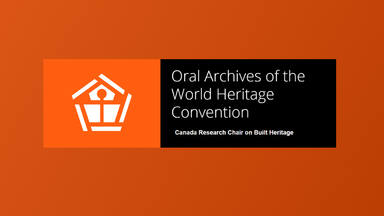
Interview
David Hales
World Heritage Convention
David Hales is an American environmentalist. Currently, he is a director of the World Parliament of Religions, where he chairs the working group on climate action.
He is also a member of the steering committee of REN21 (Renewable Energy Policy Network for the 21st Century), a network that promotes renewable energy worldwide. During his career, he has held numerous positions promoting sustainability at the national and international levels. He was president of the College of the Atlantic, the first higher education institution in the United States to become carbon neutral. From 2012 to 2014, he headed the organization Second Nature, which works to stimulate climate action in higher education. He also directed environmental policy and sustainability programs at the United States Agency for International Development (USAID), and served as Deputy Assistant Secretary for the United States Department of the Interior, with responsibilities for the National Park Service, Fish and Wildlife Service, and Heritage Conservation and Recreation Service. During the 1980’s, he served as Director of the Michigan Department of Natural Resources and taught at the University of Michigan.
Hales chaired the second meeting of the UNESCO World Heritage Committee in 1978 in Washington D.C., and oversaw the inscription of the very first sites on the World Heritage List. He chaired the American delegation to the Committee from 1977 to 1980. Subsequently, he represented the United States in numerous intergovernmental negotiations, notably at the Rio summit in 1992, at Habitat II in 1996, and at the Rio + 5 conference in 1997, as well as at meetings of several United Nations bodies (General Assembly, Economic and Social Council (ECOSOC), among others).
Interview with
David Hales
September 2019, in Bar Harbor
The following audio clips are from an interview with David Hales by Christina Cameron in September 2019 in Bar Harbor. He describes the first years of the World Heritage Convention: the implementation of procedures, the vision of the pioneers as to the link between culture and nature, the adoption of the logo, and the discussions around the inscription of certain sensitive sites such as Auschwitz and Independence Hall.
- 1. The World Heritage Convention
- 1a. Involvement of David Hales in World Heritage : the beginning of the Convention and development of natural criteria
- 1b. Key objectives of the World Heritage Convention and the length of the World Heritage List
- 1c. Decisions and policies that influenced the implementation of the Convention
- 1d. Successes and failures of the Convention
- 2. The World Heritage Committee
- 3. The performance of advisory bodies : ICOMOS and IUCN
- 4. The World Heritage Centre
- 5. The commitment of States Parties
- 6. The role of civil society
- 7. Synergies in international laws for the integration of cultural and natural heritage
Oral Archives of the
World Heritage Convention
Under the leadership of the Canada Research Chair on Built Heritage at the University of Montreal, an international team of researchers conducts interviews with pioneers of World Heritage to capture memories of important moments in the history of UNESCO Convention.
Launched in 2006, this initiative is part of the UNESCO History project that celebrated the 60th anniversary of the creation of UNESCO. The Oral Archives project records the precious witness of people closely associated with the creation and implementation of the Convention. Their recollections and views have greatly enriched the book by Christina Cameron and Mechtild Rössler, Many Voices, One Vision: The Early Years of the World Heritage Convention (Ashgate/Routledge, 2013).
